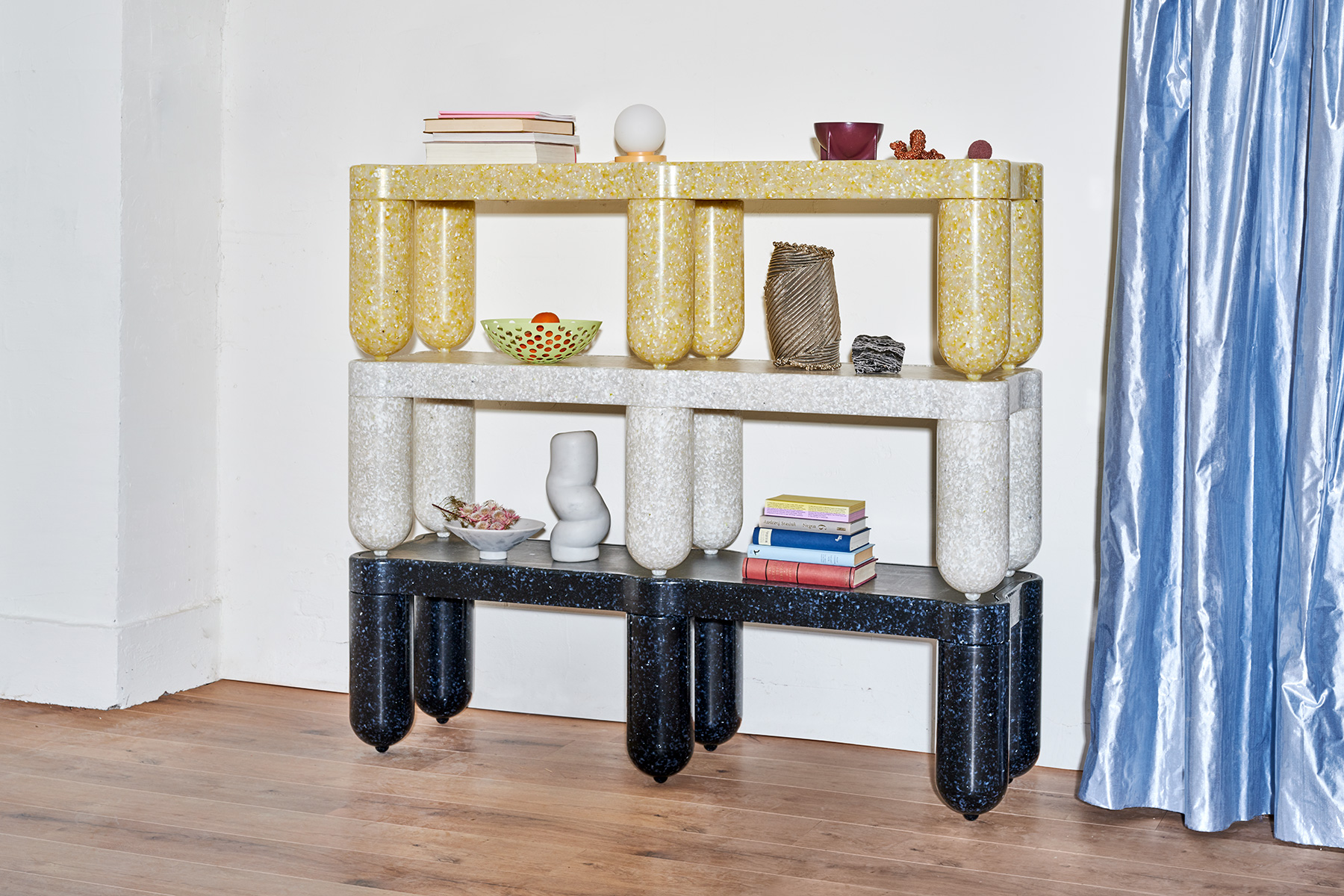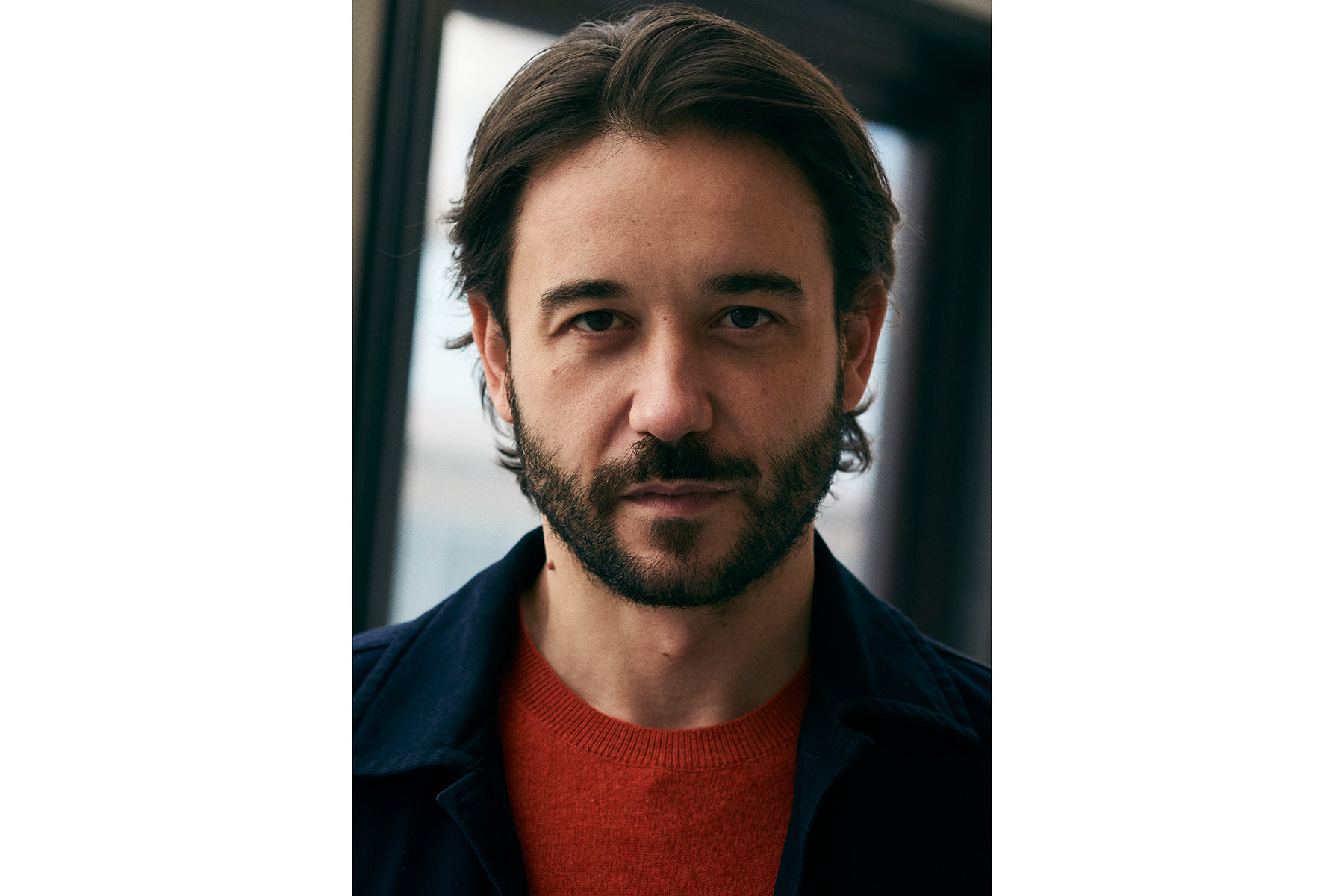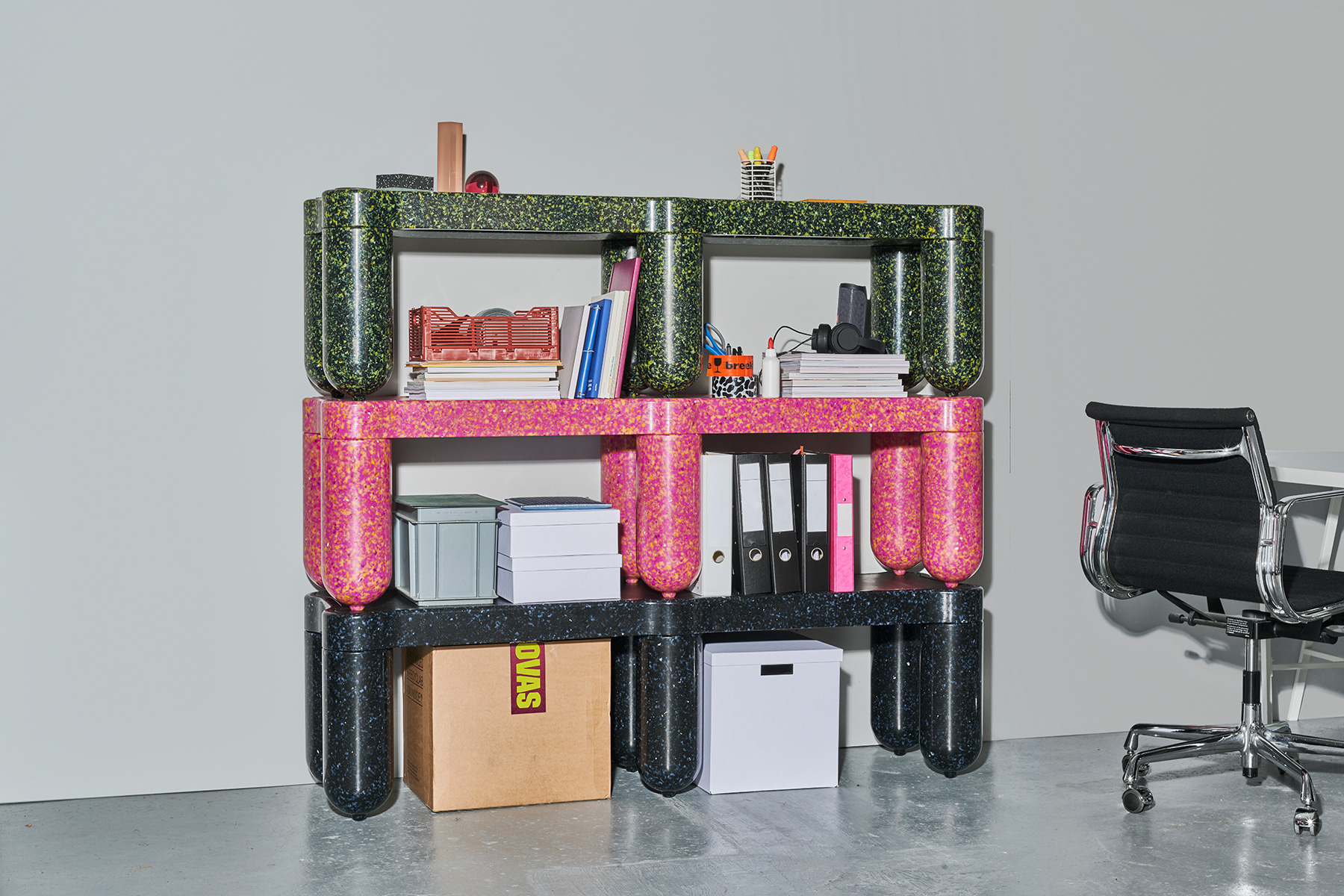
- HOME
- FURNITURE
Green Heroes: Massimiliano Rossi, founder and CEO of Supernovas
The recycled and recyclable furniture company
By | 3 years ago
Supernovas is a brand that doesn’t want consumers to live less, but for the products they use to be better designed and endlessly recyclable

When was your green lightbulb moment?
I didn’t have a green lightbulb moment per se – I would say that it has been a process. I first became interested in sustainability while studying the rise of the first B-Corps that help brands shift towards a more purpose-driven approach to business. I also travelled a lot and was inspired by the rich experiences I had gained while seeing the world. (For example, I visited Dharavi – India’s largest slum with an economy that runs on recycling waste like plastic bottles or car batteries.) I also had the immense luck of meeting innovators who were already working to make a positive impact: for example, one of Supernovas’ partners was transforming PVC advertising billboards into merchandising for the same advertisers back in 2006.
What green business practices are you most proud of?
Our whole business is a green practice, as we not only use waste and unwanted materials to create our products, but we also ‘close the loop’ allowing people to return them to us at the end of their lifecycle. As we like to say, we reduce waste twice.
What makes you feel positive about a sustainable future?
Although there is still a lot to do, I have seen ‘sustainability’ becoming a very hot topic over the last couple of years, and that means that both corporations and consumers are now fully aware of the fragility of our planet. However, we need ‘a little less conversation, a little more action’ – as conferences or statements alone won’t change our world for the better.
And what are the facts that make you fearful?
The disconnection between what we claim and what we actually do every day. Social networks are full of messages of support for Greta Thurnberg and NGOs, but when it comes to everyday actions and purchases, most of the time we tend to forget that.
Who is your own green hero?
With his game-changing books Cradle to Cradle and The Upcycle, the architect and designer William McDonough has been able to spur me and many other companies to action. I have always been fascinated by people who purposefully challenge the status quo and inspire action.
Your favourite product – and tell us why we can feel good about buying it?
Both collections we recently launched: Volta and Afterlife (pictured), respectively designed by Italo-Brazilian Paula Cademartori and the Dutch studio Odd Matter. The playful design, eye-catching patterns and bold colours of both collections prove that, if treated with creativity, waste can be beautiful and integrated into people’s lives.
Truthfully, my favourite product is the fact that Supernovas offers dynamic products that evolve with their owner as their needs change. We want our consumers to continue to change and evolve, as this is what makes life worth living – but this is not a viable option with linear products. When life and tastes change, these products often become a burden and – in turn – waste. Instead of asking people to live less, we asked ourselves to design better products – beautiful, useful and endlessly recyclable, designed to preserve the beauty of our planet while enabling people to keep enjoying their life to the fullest.

Can producing anything new really be called sustainable?
We produce new designs, but with pre-existing used and unwanted waste. Our designs are also fully recyclable and we offer clients the possibility of returning or swapping their Supernovas products when they’re tired of them. We have proposed a fully circular model to prevent landfill – so I can confidently say that Supernovas can be called sustainable.
Where do you source your materials?
We have partnered with suppliers who have access to both post-consumer waste – such as discarded plastic bottles and packaging – as well as post-industrial waste streams – such as gas and water pipes.
Name three other of your favourite brands who are doing the right thing and why you like them?
- Pangaia is making new sustainable materials a trend in fashion.
- Thousand Fell has created accessible and fully circular footwear.
- Repack is replacing disposable packaging for e-commerce with reusable ones.
Should we be green shaming the brands/companies who are doing nothing to change their ways?
I prefer to support the ones who have decided to change their ways for the better.
What are the biggest challenges in running a sustainable business?
Over the last 50 years, the majority of companies globally have relocated their production in countries in which the cost of labour was significantly lower such as Asia and Eastern Europe. The cost of goods went down, profit margins went up. On top of that, shipping products and materials across the world every day wasn’t exactly good for our environment. Hence, the biggest challenge for me is to rethink the supply chain by creating local, closed-loop manufacturing facilities to maintain profit margins – but not at the expense of our planet.
What advice can you give to other businesses who are wanting to do better?
‘No problem can be solved from the same level of consciousness that created it.’ Just be curious and interested, and you will realise that is the only way forward.
Will you sign up to going carbon neutral (or even negative) by 2050? (and what steps are you taking now)
With Supernovas, we are focused on tackling plastic pollution as the main problem right now – but we are looking into ways to reduce the impact of our e-commerce practices as well.
Three things we should all, as individuals, be doing to help in the climate change fight?
Read. Read. Read.
To find out more visit, supernovas.world.
More Green Heroes:



